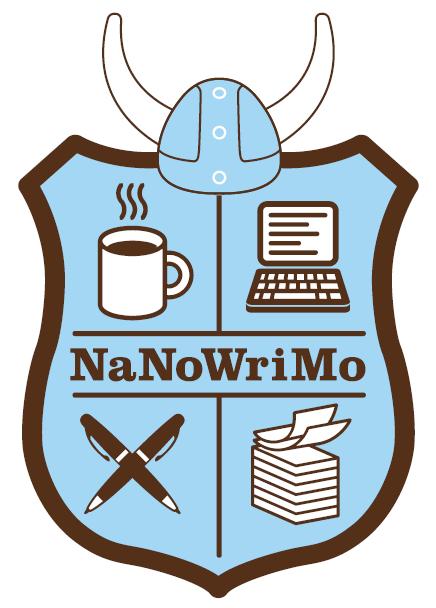 Sixteen-year-old me dried off after a long summer evening languishing in the family hot tub with one of my best friends from high school. The discussion that evening had been scintillating. With the tangy scent of chlorine still hugging me like a toxic cloud, I opened the patio door and stepped into the house, my damp feet sinking into the now-soggy carpet. I draped the towel over my shoulders and made my way towards the living room, where my friend was already spread out on the couch. I was pleased he hadn’t gone straight home; true, it was well after midnight, but I was awake. I wanted to converse. I wanted to think!
Sixteen-year-old me dried off after a long summer evening languishing in the family hot tub with one of my best friends from high school. The discussion that evening had been scintillating. With the tangy scent of chlorine still hugging me like a toxic cloud, I opened the patio door and stepped into the house, my damp feet sinking into the now-soggy carpet. I draped the towel over my shoulders and made my way towards the living room, where my friend was already spread out on the couch. I was pleased he hadn’t gone straight home; true, it was well after midnight, but I was awake. I wanted to converse. I wanted to think!
My friend Troy and I spent many late nights deep in conversation while the rest of the house slept, but this particular night in 1998 was the granddaddy of them all. I don’t think we went our separate ways until 5:00 a.m. In the intervening hours, for some unbeknownst reason (I may never recall the exact circumstances that inspired this), we took out a pad of paper and began to sketch out a history of the coming hundred years or so. What would be the defining events of the twenty-first century? Would mankind colonize space? How about the moon? Mars? Perhaps other, more exotic locales? How would we get there? What technologies would we use? How long would it take us to develop them? How would politics contribute to these endeavors? And perhaps more importantly, how might politics hinder them?
We weren’t interested in wild flights of fancy. This was a sober-minded effort to gauge the direction our society was moving in and extrapolate it to its most probable outcomes. And perhaps the oddest part of all is that there was no inherent “story.” No, this was an undiluted act of futurism. We were thinking on a grand scale, laying out the broad strokes of history, albeit a future history. It wasn’t until the following October that I zeroed in on a particular timeframe in our nascent world and decided to set a story there.
On the subject of future studies, Wikipedia says there “is a debate as to whether this discipline is an art or science.” Now, I understand that Wikipedia isn’t the most reliable research venue, but that statement really hits the nail on the head. You see, I was an artist and Troy was a scientist. All these years later, I’m releasing my first novels and he’s a globetrotting geophysicist-but that artist/scientist partnership is crucial. I need the balance it provides. Not that I don’t do my own research (I do a lot!), but it’s helpful to have a watchful eye appraising the more outlandish ideas in my first and second drafts.
This might sound limiting-and I’ll grant that in many ways it is limiting. But as a hard science fiction writer, I love those limits. Placing limitations on the way the world functions on a practical scale, forcing myself to find ways to work within the confines of occasionally unyielding science, often forces me to explore more interesting story possibilities than I ever would have been able to uncover if I had allowed myself to play against a completely open canvas.
What kind of limits am I talking about? They’re mostly in the realm of physics. A big one is gravity. In Star Trek, for example, technological hand-waving allows for the existence of artificial gravity, simplifying ship design and scene mechanics (believe me when I say that having characters float around in unpressurized compartments presents huge scene-blocking challenges… especially if they have to fight to the death). Warp speed allows ships and characters to gallivant from planet to planet the same way we move around in cars today. For space opera, these conventions are accepted and welcome. But what kind of story develops when you embrace the fact that it could take years (or decades) to get to one’s destination? What kind of story develops when you embrace the realities of living in space or on another planet, right down to the nitty-gritty, inconvenient details?
The answer is the kind of stories I like to read. In my experience, scientific inconvenience breeds creativity. I’m constantly asking myself, how does a space elevator work? What kind of propulsion are we likely to use to get to Mars a hundred years from now? What kind of spacecraft might we design for the purposes of traveling into deep space? What kind of fuel might it require, and where might that fuel come from? What kind of resources will be valuable, and how will we access them? These questions lead invariably to conflict, and from those conflicts are born all manner of plots that resonate with me (and hopefully readers) because of their firm basis in probability and reality.
And then I run my ideas past someone who’s smarter than me (in Troy’s case, much smarter than me). That’s a human resource no writer should ever go without.
Not that there’s anything wrong with writing a story about a moon-sized Death Star (that might cost 850 quadrillion dollars to build, by the way). There’s room for everyone under the sci-fi umbrella!

